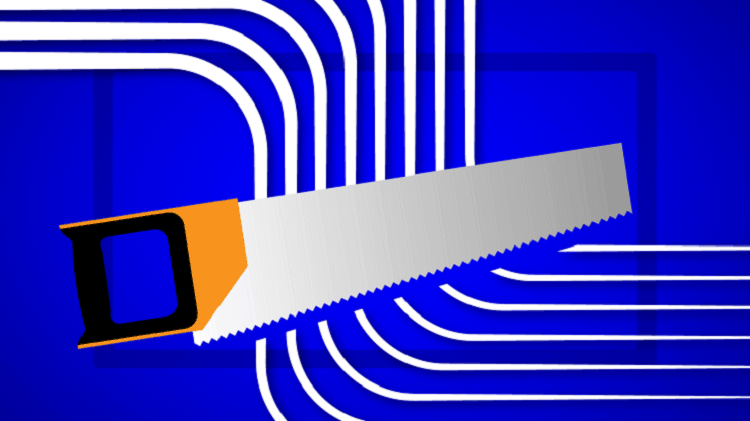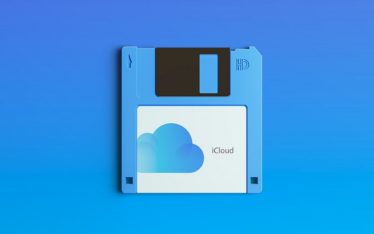Dominant player for more than a decade returns
Former world number one mobile maker Nokia, which sold its device making unit to Microsoft, is intending to get back into the mobile game – when a Microsoft contract clause that currently prevents it from putting its brand name on handsets lapses.
Nokia CEO Rajeev Suri told Germany’s Manager Magazin the company intends to design and license handsets next year, and will “look for suitable partners” (via Reuters):
We would simply design them and then make the brand name available to license
It’s worth reiterating that any Nokia-branded phones that will appear from 2016 will not actually be made by Nokia. It’s a far smaller company than it was. But the Nokia brand still holds plenty of cachet in various markets – in both Europe and beyond – so Suri is clearly hoping to capitalize on that brand visibility to power a new Nokia mobile push.
From dominant player to one of the many – Era of complacency
Nokia was a pioneer in the smartphone market, literally introducing consumers to the smartphone with its initial Symbian Series 60 devices in 2002. Nokia’s smartphone market share in 2007 was a dominant 49.4%. But then complacency had kicked in.
In 2007, Apple introduced its iPhone. With its full touchscreen and app-based operating system, the iPhone changed the very definition of what a smartphone should be.
Yet Nokia failed to respond to the iPhone and the shifting consumer demand that came with it. As the years passed, the Symbian platform aged, and that age really showed when compared to iOS and later Android. Simultaneously, the smartphone market exploded – more and more consumers opted for pocket-sized mini-computers instead of “feature” phones with tedious WAP browsers.
Samsung, on the other hand, moved quickly into the smartphone market. Granted, Samsung had the advantage of working from the ground up, whereas Nokia had a relatively successful smartphone platform that it just didn’t want to give up. The same can be said of RIM’s Blackberry OS.
Don’t fall victim to complacency! Make sure to challenge the status quo!
Short URL & Title:
The once-dominant player on the market returns — https://www.torbenrick.eu/t/r/gvq
Share it:
If you enjoyed this article, please take 5 seconds to share it on your social network. Thanks!









About The Author
Torben Rick
Experienced senior executive, both at a strategic and operational level, with strong track record in developing, driving and managing business improvement, development and change management. International experience from management positions in Denmark, Germany, Switzerland and United Kingdom